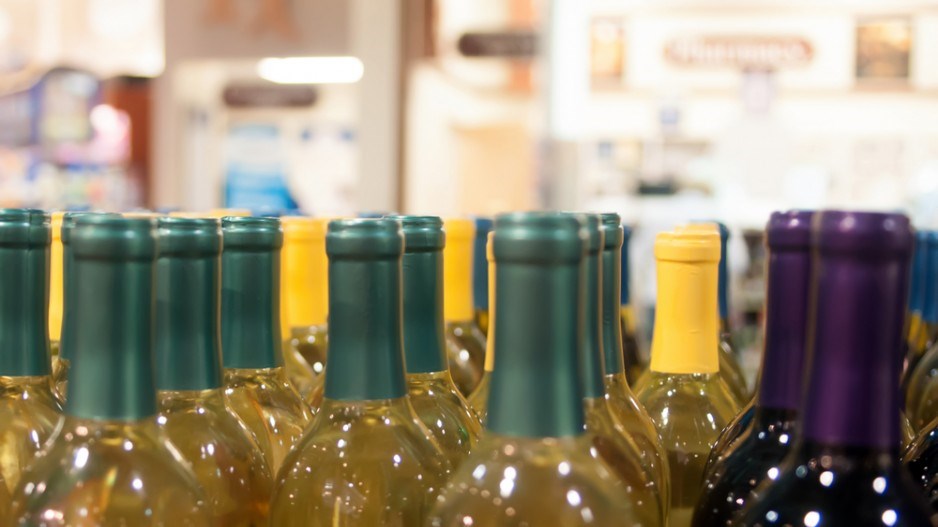The United States government has officially lodged its concerns with Canada over British Columbia’s policy of restricting wine sales on grocery store shelves to B.C. wines exclusively.
A United States Trade Representative (USTR) official confirmed that the B.C.-only policy for grocery shelf wine sales is now on its radar screen after the California wine industry submitted a brief to the USTR claiming the Canadian scheme is a foreign trade barrier.
The U.S. wine industry claims B.C. is violating Canada’s obligations as a member of the World Trade Organization [WTO] to treat imports no less fairly than it treats domestic products.
The involvement of the USTR in the wine dispute does not necessarily mean it will escalate to the point that the U.S. seeks retaliatory tariffs through the WTO, said Vancouver wine lawyer Mark Hicken. However, that the U.S. government is now openly paying attention shows the issue is “no longer just sabre-rattling,” he said.
The election of Donald Trump adds another element of risk.
“I think you will now have an administration that is going to be either anti-trade or is going to bear down on what it views as any violations of trade obligations,” Hicken said. “It could be problematic for both softwood lumber and the wine issue.”
The USTR is the U.S. agency that handles trade disputes. Its highest-profile issue with Canada is negotiations for a new softwood lumber agreement, but B.C.’s wine policy is of sufficient concern that the U.S. has already raised it with both the Canadian and B.C. governments, the USTR official said.
The issue for the Americans is that such a model excludes them from grocery store sales, which have grown to form a significant part of the total market in other jurisdictions where they are permitted. The California-based Wine Institute pegs the cost of trade barriers raised by Canadian provinces at $500 million.
The B.C. law, it says, is the most problematic trade barrier it faces in Canada, as it opens up a broad array of opportunities to domestic producers that are not available to U.S. exporters.
“Canadian provincial rules violate Canada’s commitments as a member of the World Trade Organization – particularly its national treatment obligations under Article III:4 of the General Agreement on Tariffs and Trade,” Wine Institute vice-president Tom LaFaille said in an email to Business in Vancouver.
“We believe your provincial government needs to modify its regulations to allow imported wines to be sold on grocery shelves, a privilege only granted to 100% B.C. wines.”
Teresa Wat, B.C. minister of international trade, said in an emailed statement that B.C. is “mindful” of its international trade obligations but is confident of the approach it has taken.•




